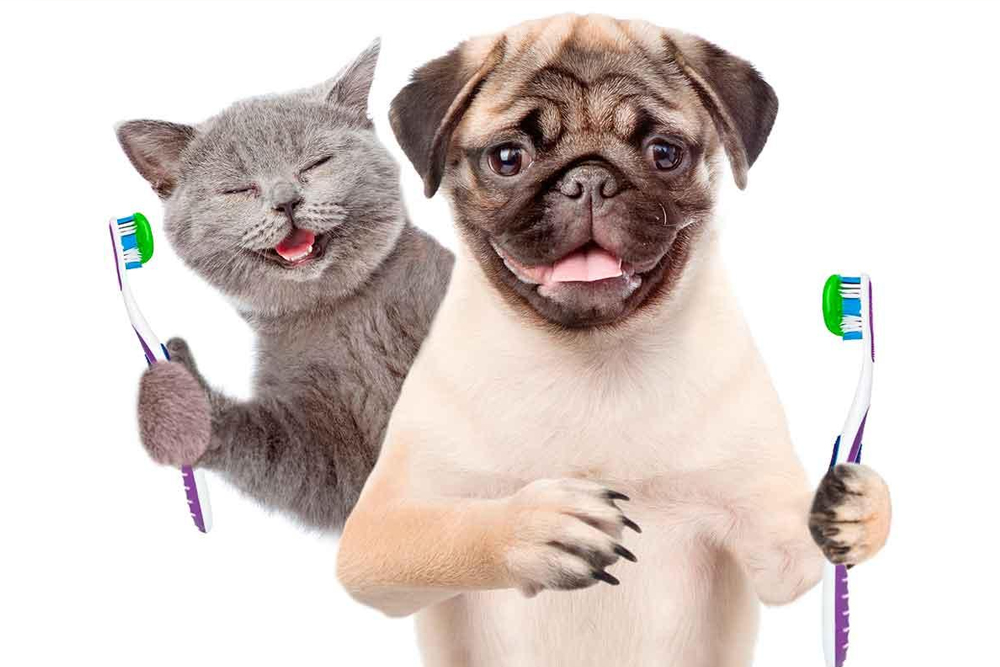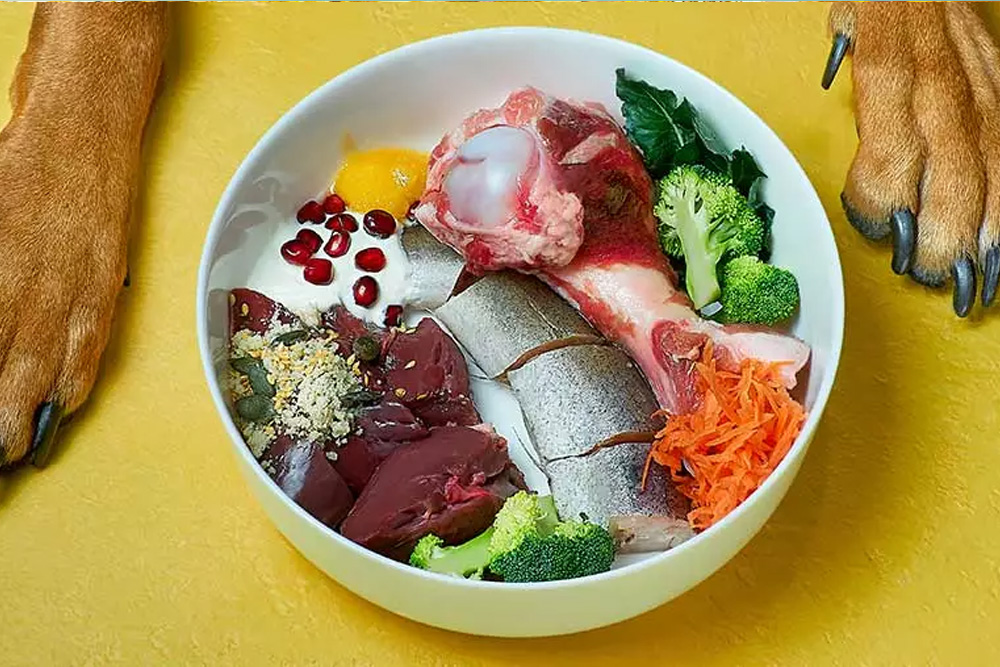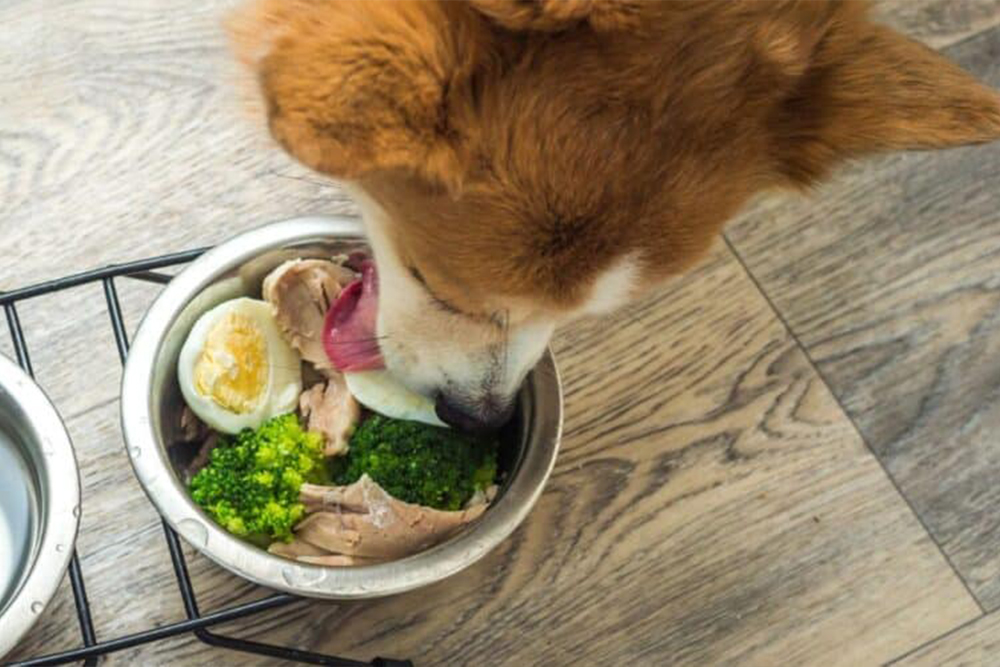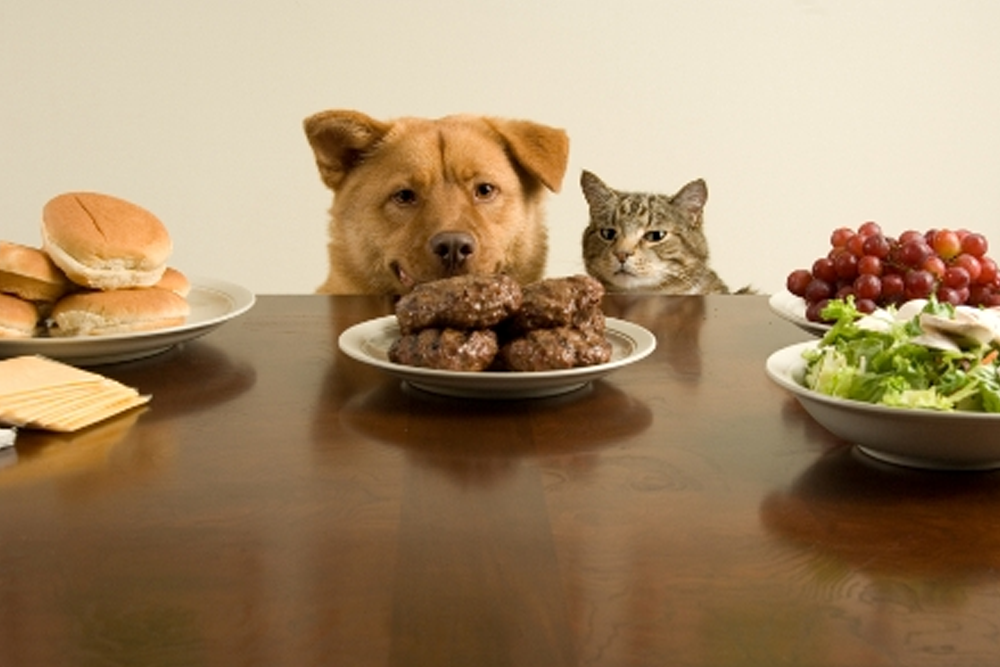How to avoid bad breath in your pets with the right food (before it’s too late)

Oral hygiene is an important aspect of your pets health and well-being. Poor oral hygiene can lead to dental problems such as plaque food , tartar, gingivitis, periodontitis, tooth decay, and tooth loss. These problems can cause pain, discomfort, bad breath, and difficulty eating for your pet. They can also affect your pet’s overall health, as bacteria from the mouth can enter the bloodstream and cause infections in other organs.
Related articles
1- Treat Your Pet Like Family: 10 Fun Activities to Do Together
2- Keep Your Pet Healthy and Happy with Regular Veterinary Check-ups
3- How to Keep Your Pets Mind Sharp with Unique Games and Foods!
4- From Fat to Fit: Home Exercises for Your Obese Pet
One of the best ways to prevent oral problems in your pet is to provide them with a balanced diet that includes foods that can help their oral hygiene.
Here are some examples of foods that can benefit your pet’s teeth and gums:
- Crunchy kibble: Dry kibble can help scrape off plaque and tartar from your pet’s teeth as they chew. It can also stimulate saliva production, which can wash away food particles and bacteria. Choose a high-quality kibble that is appropriate for your pet’s size, age, and breed.
- Raw bones: Raw bones can provide a natural way for your pet to clean their teeth and massage their gums. They can also satisfy your pet’s chewing instinct and provide them with essential nutrients such as calcium and phosphorus. However, you should avoid cooked bones, as they can splinter and cause injuries or obstructions in your pet’s digestive system. You should also supervise your pet when they are chewing on bones and discard any small or sharp pieces.
- Fresh fruits and vegetables: Fresh fruits and vegetables can offer your pet a variety of vitamins, minerals, antioxidants, and fiber that can support their immune system and overall health. They can also act as natural toothbrushes for your pet, as they can help remove plaque and tartar from their teeth and freshen their breath. Some examples of fruits and vegetables that are safe for pets include apples, carrots, celery, cucumber, parsley, and mint. However, you should avoid fruits and vegetables that are toxic for pets, such as grapes, raisins, onions, garlic, and avocado.
- Dental treats: Dental treats are specially designed to improve your pet’s oral hygiene by reducing plaque and tartar buildup, strengthening their teeth and gums, and preventing bad breath. They can also provide your pet with a tasty reward for good behavior. However, you should choose dental treats that are suitable for your pet’s size, age, and dietary needs. You should also limit the amount of dental treats you give your pet, as they can add extra calories to their diet.
- Water: Water is essential for your pet’s hydration and overall health. It can also help flush out food particles and bacteria from their mouth and prevent dry mouth, which can increase the risk of oral problems. You should provide your pet with fresh and clean water at all times and change it regularly. You can also add a dental additive to your pet’s water bowl to enhance its oral benefits.
These are some of the foods that can help your pet’s oral hygiene. However, you should remember that these foods are not a substitute for regular brushing and professional dental care for your pet. You should brush your pet’s teeth at least once a day with a soft-bristled toothbrush and a pet-friendly toothpaste. You should also take your pet to the vet for regular dental checkups and cleanings. By doing so, you can ensure that your pet has a healthy mouth and a happy smile.
What foods can give a pet bad breath?
Bad breath in the pet could be a sign that he has some oral or systemic health issue. Therefore, it is important to take your pet to the veterinarian for a regular checkup and dental cleaning. Also, some care for your pet’s food can help prevent and fight bad breath. See which foods can cause or worsen your pet’s breath and how to avoid them.
- Foods with a lot of sugar: Sugar is a food that favors the growth of bacteria in your pet’s mouth, which produce gases with an unpleasant odor. Therefore, avoid giving sweets, cakes, biscuits or very sweet fruits to your animal. Prefer natural and good quality foods that do not contain sugar in the composition.
- Foods with a lot of salt: Salt can cause dehydration in your pet, which reduces saliva production. Saliva is important for cleaning your pet’s mouth and preventing food debris from accumulating between the teeth. Therefore, avoid giving salty foods such as sausages, cheeses, snacks or canned food to your pet. Always offer fresh and clean water for your animal to hydrate.
- Foods with a lot of odor: Some foods have a strong smell that can stay in your pet’s mouth for a long time. Some examples are garlic, onion, fish, red meat or viscera. These foods can also cause digestive problems for your pet, which can be reflected in their breath. Therefore, avoid giving these foods to your pet or give them in small amounts and in moderation.
- Foods with a lot of starch: Starch is a type of carbohydrate that can turn into sugar in your pet’s mouth, favoring the growth of bacteria. Some starchy foods are bread, rice, potatoes, corn or pasta. These foods can also stick to your pet’s teeth and form plaque. Therefore, avoid giving these foods to your pet or give them in small, balanced portions.
- Foods with a lot of acid: Acid can erode the enamel of your pet’s teeth and facilitate the formation of cavities and tartar. Some acidic foods are lemon, vinegar, tomatoes or citrus fruits. These foods can also irritate your pet’s gums and cause inflammation. Therefore, avoid giving these foods to your pet or give them in minimal quantities and diluted in water.
- Foods with a lot of fat: Fat can increase cholesterol and triglycerides in your pet’s blood, which can affect the health of the heart and kidneys. These organs are responsible for eliminating toxins from your pet’s body, which can cause bad breath if accumulated. Some fatty foods are bacon, butter, fried foods or leather bones. Therefore, avoid giving these foods to your pet or give them on special occasions and with supervision.
As you can see, there are several foods that can give your pet bad breath. Therefore, it is important to be careful with your animal’s diet and offer a balanced and adequate diet for its species, breed, age and size. Also, brush your pet’s teeth regularly with a dog or cat toothpaste and brush. Thus, you keep your pet’s mouth healthy and free of unwanted odors.
Now that you know which foods can help your pets’ oral hygiene and which foods can cause bad breath, you can make more conscious and responsible choices when it comes to feeding them. Remember that food is just one part of your pets oral health, and that toothbrushing and veterinary appointments are also essential. Take good care of your pets mouth and they will reciprocate with lots of love and affection
Sobre o Autor




0 Comentários